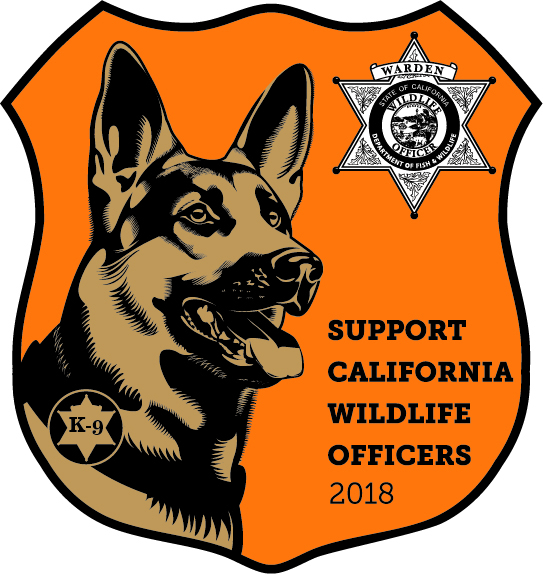Proper Handling of Euthanized Animals Critical to Protect Wildlife

by CDFW
1-18-2018
Website
The California Department of Fish and Wildlife (CDFW) has confirmed three recent incidents of pentobarbital poisoning in raptors and would like to remind veterinarians and the public about proper handling of euthanized companion animals, horses, livestock and poultry to prevent further incidents. Any animal that has been chemically euthanized must be cremated or buried at least three to four feet deep to prevent exposing scavenging wildlife to euthanasia drugs.
Since 2015, several turkey vultures in Marin and Ventura counties, and a bald eagle in Fresno County have been brought to wildlife rehabilitation centers after being exposed to the veterinary euthanasia drug pentobarbital. The source of the pentobarbital remains unknown for all three incidents but it is very likely due to improper handling of the remains of euthanized companion animals, horses, livestock or poultry. Veterinarians and animal owners are responsible for disposing of animal remains properly by legal methods such as cremation or deep burial. Clear communication between the veterinarian and client is essential to ensure that euthanized remains are handled properly.
Bald eagles are federally protected by the Bald and Golden Eagle Protection Act and both bald eagles and turkey vultures are protected by the federal Migratory Bird Treaty Act, and California Fish and Game Code. Members of the veterinary and livestock communities are asked to share this information with colleagues and the public in an effort to prevent further incidents.
CDFW also asks the public to promptly report any wildlife scavenger suspected of being exposed to euthanasia drugs. Rehabilitation of pentobarbital-poisoned wildlife has been successful with prompt treatment. Pentobarbital-poisoned wildlife may appear dead. They often have no reflex response and breathing may be barely detectable but will otherwise appear intact, without wounds or obvious trauma. Incidents and information about possible sources of poisoning may be reported to the CDFW’s Wildlife Investigations Laboratory by phone at (916) 358-2790, by email at WILab@wildlife.ca.gov or online via the CDFW website.
If grounded birds are observed, please contact a local wildlife rehabilitation center.
For more information, please see the USFWS Fact Sheet “Secondary Pentobarbital Poisoning of Wildlife.”
Photos
More Reports

1-18-2018
Question: I enjoy collecting the warden stamps (or decals) that come out every year. Is there a new edition coming out...... Read More

1-17-2018
The California Department of Fish and Wildlife (CDFW) is returning to the International Sportsmen’s Exposition (ISE) at Cal Expo in...... Read More


